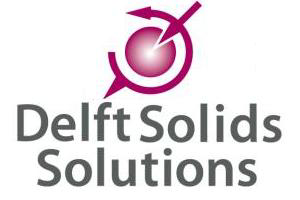Delft offer solution to combat dusty conditions

Solid materials may generate dust under normal process conditions, manual handling or transportation. Excessive airborne dust levels in workplace and environment are undesirable for a number of reasons: cause of adverse health effects, contamination, loss of product, and cleaning costs.
Particularly active ingredients as present e.g. in premixes may cause allergic reactions or health issues. The dustiness potential of such products can be investigated and quantified in our laboratory by the Heubach and/or Stauber-Heubach method. This method is practiced in accordance with the German standard DIN 55992 and has been adopted by the European Food Safety Authority (EFSA).
In this method, a representative sample of the product is placed in a dust generation chamber. The dust already present in the sample as well as dust generated by the mechanical agitation is carried by a controlled air stream via a coarse separator and collected on a filter. The mass of the total airborne particles smaller than approx. 35 μm aerodynamic equivalent diameter is determined and expressed in mg/kg product or mg/m3 air. The collected dust may be used for subsequent analysis, e.g. chemical assay or particle size assessment.
Delft Solids Solutions can offer you a full assessment of the dusting potential of your products in accordance with EFSA requirements.







